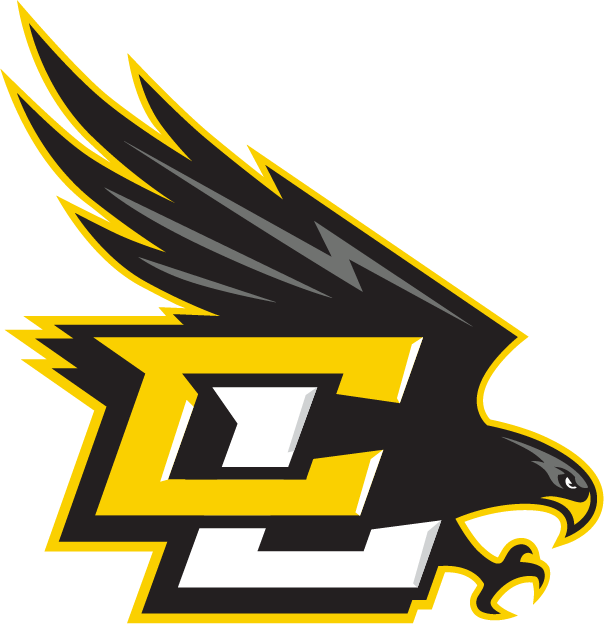Updates from the 6th Grade Team!
Social Studies
According to sixth grade social studies standards, “Students will focus on geography, history, and culture in global regions. Students will analyze regional, physical, and cultural characteristics of places. The analysis will show how these factors influenced people who lived there and how the people and characteristics have changed over time.”
At this point, we have covered a bit of the Stone Age, Mesopotamia, and Egypt. We started our most recent unit, India. As always, we start with the geography of the region to determine the geographical features that led to settlement in the area. Students are finding many connections from ancient history to our world today.
There is a variety of activities and strategies used to help understand concepts and ideas. Most of the evidence of learning comes from activities throughout the unit, rather than a formal end-of-unit test. Much of students’ comprehension and understanding comes from class participation and discussions. After India, the ancient cultures of China, Greece, and Rome will be studied to finish out the year.
Any time students are absent, they can check their daily agendas for each class found in Google Classroom. Students have access to Power School, which will show grades and missing assignments. Please do not hesitate to reach out to any teacher with questions.
Science
In science, we use the Next Generation Science Standards, which are all about improving students’ learning through Three-Dimensional Learning. This means students are constantly using Cross Cutting Concepts, Science and Engineering Practices, and Disciplinary Core Ideas to help achieve understanding and proficiency in science. This will help prepare them for real-world problems, along with science and engineering careers.
Specifically in sixth grade science, we started the year working on Life Sciences and understanding cells and body systems, learning about reproduction and genetics, and working on Punnett squares. Currently, students are learning about Earth Science and earth’s systems. After that, we will move into Physical Science and physical/chemical changes and reactions. We will continue to learn about matter, atoms, and elements. Throughout each unit, there is always a lab or larger project that students use to apply their knowledge of the content. Our hope is that students will see how all science concepts, standards, and experiences are connected to one another, allowing them to use the knowledge and apply it to their own lives.
Science Fair competitions will be starting this month. Students have finished or are finishing up their projects by now. The other science fair sponsors and I will be contacting students to remind them of dates and keep them updated on competitions. Any sixth graders who have questions or concerns, or need guidance, can email me or any of the other sponsors.
Math:
In Math, we use the curriculum Illustrative Mathematics, which This focuses on students learning the math concepts in depth—and not just memorizing rules or math facts. Illustrative Mathematics is built around hands-on activities, real-world examples, and peer collaboration. Every lesson has a warmup, individual activities, group activities, and a cool down. I use the cool down as a short homework assignment that allows me to check the students' understanding.
During their collaboration activities, students are expected to explain what they did to solve a problem while using their mathematical language and vocabulary. It is very important in this curriculum to understand the process behind a problem—not just the solution.
Students have a workbook that makes it very easy for them to stay organized. They are expected to bring the workbook to class every day and do the lesson as a class in the book. The workbook also includes some practice problems students can use for extra practice and to help them prepare for quizzes and tests.
We are currently working on Unit 5, which is all about decimals. Students will review adding and subtracting decimals. They will further that knowledge by learning how to multiply and divide decimals.
Reading/Language Arts
In reading, students continue to dig deeper into text and are expanding their horizons with a variety of fiction and nonfiction. We use a variety of resources for curriculum that are aligned with the Iowa Standards, including the iReady teacher toolbox, CommonLit, NEWSELA, and classroom novels. Using these valuable resources, we have worked on determining central ideas, summarizing, identifying nonfiction text features, determining the meaning of interesting words, identifying story elements, citing text evidence, analyzing text structure, and more.
Currently, students are preparing for a reading competition that their assigned teams will participate in later this spring. Each member of the team is responsible for reading three or more books from the assigned list. The competition consists of a written round and oral round, where they will be responsible for answering questions about the books. The two teams that win the school competition can go on to a regional competition. Students are excited and pushing themselves to read more!
In writing, we are learning about the different genres of writing. We have written personal narratives, imaginative narratives, informational texts, and creative writing pieces. Students do daily quick writes, where they write from a prompt or a list they have previously brainstormed. With each unit, there is a focus that supports students mastering a grade-level skill, including dialogue, punctuation, plot development, using the writing process, gathering information from multiple resources, and properly citing resources. We will continue to work on developing students’ writing skill throughout the school year.

